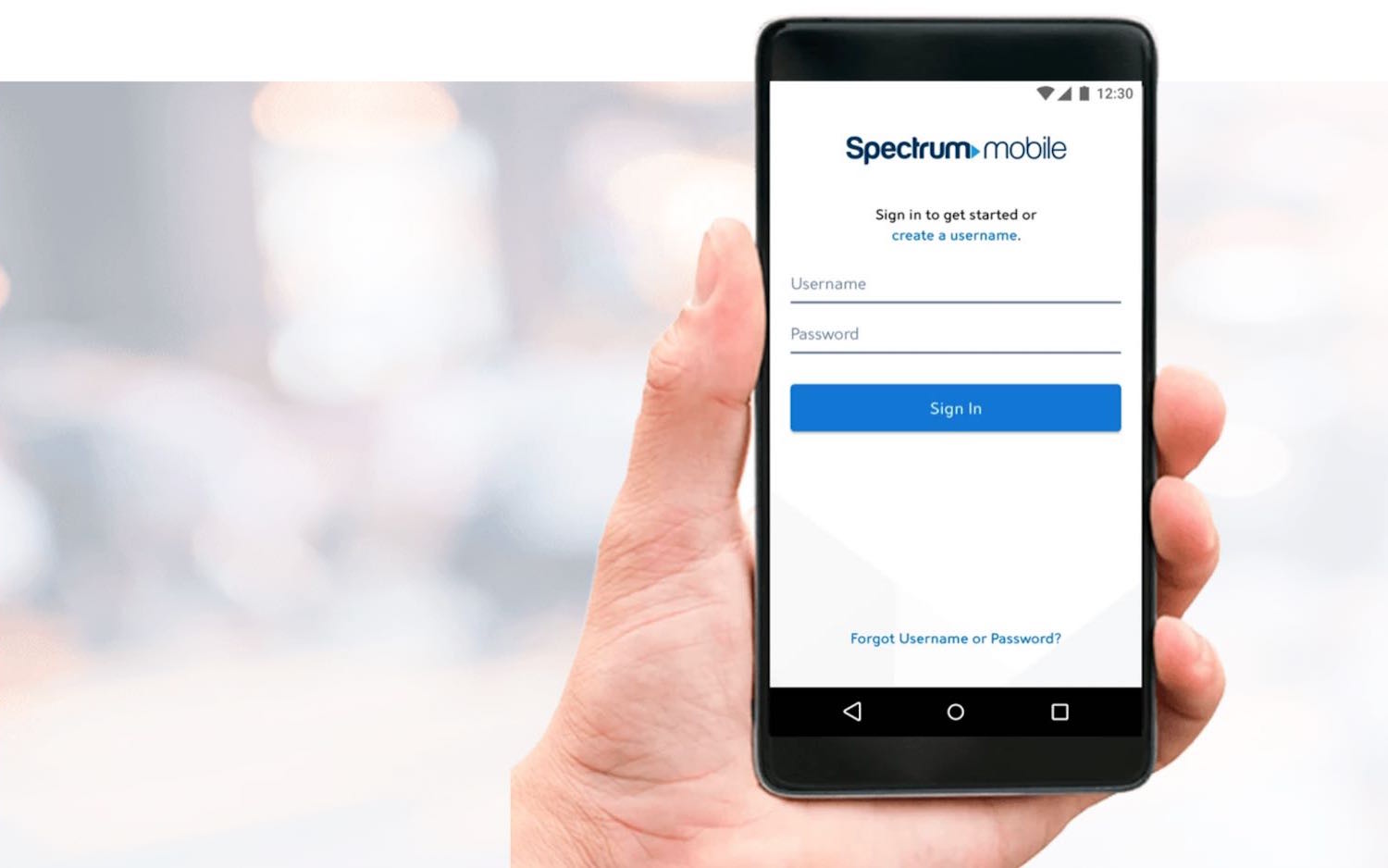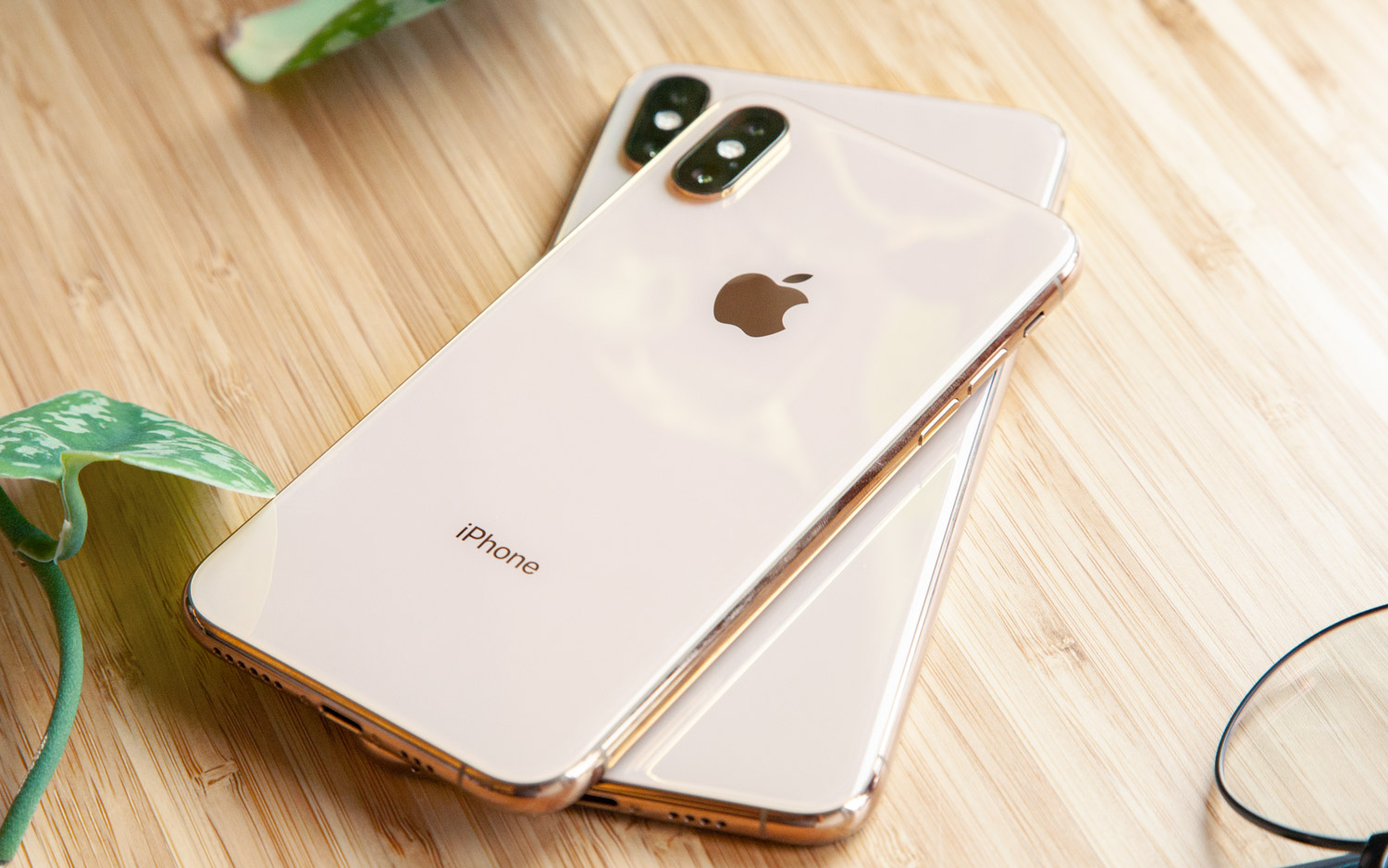What is Spectrum Mobile, and is it worth it?
Spectrum internet customers can also get their mobile phone service from the internet and cable provider. But how does Spectrum Mobile compare with other wireless carriers?
Spectrum — the cable and internet provider formed from Charter Communications' merger with Time Warner Cable and Bright House Networks — may trail Comcast as the nation's largest cable and internet provider. But Spectrum has taken a page out of Comcast's book by launching its own mobile service for its customers.

Much like the Xfinity Mobile offering that Comcast introduced last year, Spectrum Mobile is a mobile virtual network operator (MVNO), which piggybacks on the existing network of one or more of the major carriers. (In Spectrum's case, that's Verizon's network coupled with Spectrum's own network of Wi-Fi hotspots.) For wireless customers, getting service from an MVNO can sometimes mean a better deal than what you'd get from a major carrier while still enjoying the same great coverage.
To qualify for Spectrum Mobile you must either already subscribe to Spectrum Internet (also a requirement for their live TV service Spectrum Streaming) or be willing to sign up for the service. You also have to buy a device through Spectrum Mobile, sign up for automatic payments, and meet the company's credit requirements. Tick all of those boxes, and Spectrum Mobile service could be yours for as little as $14 a month on the "By the Gig" plan, or $45 a month for unlimited data.
Given all those conditions should you consider switching to Spectrum Mobile? Let's dig a little deeper and see if Spectrum Mobile is the right carrier for you.
What Is Spectrum Mobile?
Spectrum Mobile is available exclusively to Spectrum Internet subscribers. The wireless service relies on Verizon's network (the winner in our Fastest Wireless Networks testing by a wide margin). The wireless service also uses Spectrum's more than 500,000 Wi-Fi hotspots nationwide when those are available, potentially cutting down on your need to tap into cellular data.
But subscribing to Spectrum Internet alone isn't enough to be eligible for mobile phone service. You're also required to use Auto Pay, meet credit check requirements, and buy a new Spectrum Mobile phone. That last requirement, in particular, is likely to be a frustration for some, as other MVNOs often support bringing your own device to their service. (For example, you can use your unlocked iPhone on Xfinity Mobile.)
Spectrum Mobile customers who are also new subscribers to Spectrum Internet are limited to two lines of service on Spectrum Mobile for the first 30 days. After this point, you are eligible for up to five lines of service.
How Exactly Does Spectrum Mobile Work?
The only noticeable differences between Spectrum Mobile and a more traditional wireless carrier are the requirement to use Spectrum's internet service and that your connection automatically transfers over to a Spectrum Wi-Fi hotspot when one is in range.

The latter difference is a potential positive: not only should it improve your data speeds most of the time, but it saves you from tapping your data allotment. That's particularly valuable if you opt for Spectrum's "By the Gig" plan. (More on that option in a moment.)
It's not unusual for a low-cost carrier to turn to Wi-Fi to keep cellular costs down. Not only does Xfinity Mobile take that approach with its network of Wi-Fi hotspots, MVNOs including Republic Wireless, TextNow and Google's Project Fi use this Wi-Fi/cellular approach.
How Much Does Spectrum Mobile Cost?
Spectrum Mobile offers a choice of two plans — By the Gig or Unlimited. Prices start at $14 a month for By the Gig, while unlimited users pay $45 a month. Be aware that these prices do not include taxes and fees, which will vary from state to state.
Both Spectrum plans offer unlimited texting and calling, and both plans restrict video streaming to DVD-Quality (typically 480p) when you connect via a cellular network. Streaming quality improves to HD when you connect over Wi-Fi. There are no additional fees to use your phone as a wireless hotspot, but on the unlimited plan, you will be throttled if you go beyond 5GB of mobile hotspot data.
MORE: Best Unlimited Data Plan
On By the Gig, that $14 a month gets you 1GB of LTE data along with unlimited talk and text. If you go beyond 1GB, you are charged an additional $14 per GB you use. Spectrum rounds up, so 2.01GB all the way up to 3 GB of data usage would be treated as 3GB, and cost you $42. You can set data notifications for yourself either online or via the Spectrum Mobile app to help you avoid data overages.

For By the Gig plans you share data between lines, so a family of three that uses a total of 9GB ($126) or less together per month would still pay less than they would with Spectrum Mobile's unlimited option for three people (which would cost $135). Subscribers have the option of moving between the By the Gig plan and unlimited plan at any time without penalty, so if you just have the occasional heavy-data-usage month you can make the switch when necessary.
As for Spectrum Mobile's $45 unlimited plan, that's a fixed price per line with no discounts for adding multiple lines of data. Like other carriers, Spectrum will slow your speeds if you go over a set amount of data — 20GB during a month in this case. That's slightly below the major carriers' threshold, as both Verizon and AT&T let unlimited customers use 22GB of data before throttling speeds.
If you cancel your Spectrum Internet service, an additional $20 per-line charge will be added and you will be limited to 5Mbps speeds when connecting to Spectrum Wi-Fi hotspots. That added cost makes the service a poor value, so if you ever drop Spectrum Internet, plan on changing your wireless carrier as well.
How Does Spectrum Mobile's Pricing Compare with Other Carriers?
Stacked up against the Big Four carriers, Spectrum Mobile offers attractively priced plans. The most affordable unlimited plans available from those carriers — Sprint's Unlimited Basic and T-Mobile's Essentials — start at $60 a month. That's $15 more than what Spectrum Mobile will charge you for unlimited data, although it is worth noting that you can bring your own device to those carriers. So unless you're already planning on buying a new phone, that savings with Spectrum could be erased by hardware costs.
Unlimited Data: What You'll Pay
| Plan | Spectrum Mobile Unlimited Plan | T-Mobile Essentials | Sprint Unlimited Basic | Verizon Go Unlimited | AT&T Unlimited & More |
| Single Line | $45 | $60 | $60 | $75 | $70 |
| Four Lines | $180 | $120 | $140 | $160 | $140 |
Where Spectrum Mobile falls down is family pricing, since the major carriers all offer discounts for multiple lines. While a family of four would pay $120 a month for unlimited data through the T-Mobile Essentials plan, that cost rises to $180 per month on Spectrum Mobile. That's considerably higher than even the T-Mobile One plan, which normally costs $160 for four lines and includes perks like free Netflix, in-flight Wi-Fi and more. (T-Mobile One costs $140 for four lines as of this writing, thanks to a current promotion, which only heightens the disparity with Spectrum Mobile.)
Tiered Data: What You'll Pay
| Carrier | Spectrum Mobile | Republic Wireless | Project Fi | Consumer Cellular |
| 1GB | $14 | $5 | $10 | $10 (includes 2GB of LTE data) |
| 5GB | $70 | $25 | $50 | $20 |
| Additional Costs for Talk/Text | Included | $15 | $20 | $20 for unlimited talk (text included with data) |
Spectrum Mobile's per-gigabyte pricing is near the top end of what we've seen from MVNOs. Republic Wireless charges $5 per gigabyte of data on top of the $15 you'll pay for unlimited talk and text each month. So a Republic Wireless subscriber who uses 3GB of data would pay $30, while that would cost you $42 at Spectrum Mobile. Google's Project Fi charges $10 for each gigabyte of LTE data on top of $20 for talk and text, but it only charges you for what you use rather than rounding up, crediting your bill for the data you didn't consume. Neither of those carriers puts a requirement on your internet service.
Is a Contract Required?
You can cancel your Spectrum Mobile plan within 30 days of your next billing-cycle date, and you are only responsible for charges for the current month on your account as well as any remaining device payments you might have.
In the first 30 days of Spectrum Mobile service, you can cancel and return your device for a full refund, minus a $35 restocking fee. Beyond 30 days, you would be responsible for the restocking fee and any outstanding charges on the device.
Which Devices Can I Use on Spectrum Mobile?
Spectrum Mobile has a fairly limited selection of handsets available, but it does cover all of the latest options from Apple and Samsung, which should keep most buyers happy.

Apple fans can choose from the iPhone XS Max or XS, the iPhone XR, the iPhone 8 or 8 Plus, the iPhone 7, 7 Plus and even the iPhone 6s for $349. Android fans can turn to Samsung's latest flagships, including the Galaxy Note 9 or the Galaxy S9 and S9+. If you want to save some money, but stick with Samsung, you can pick up last year's S8 or S8+ for $150 less than the newer models.
Budget Android shoppers don't get quite the same array of options —there are only two handsets from LG — the $240 LG Stylo 4 or the $180 LG K30. Device-payment options are spread out over two years, with no interest — the same approach the major wireless carriers use — and flat pricing compares favorably as well. So while the need to purchase a new device will frustrate those with relatively new devices already, you are at least treated to many of the best-selling flagships of the last few years at competitive prices.
Spectrum Mobile is sticking to handsets only — at least for now — so if an LTE tablet or mobile hotspot is on your must-have list, you are going to need to look elsewhere.
Is Spectrum Mobile Worth It?
Spectrum Mobile's value will vary based on your needs, but there are some customers who would benefit from this mobile phone service. If you are an existing Spectrum Internet customer, you get to consolidate down to a single bill, and, with the exception of buying a new phone, you already likely meet all of Spectrum Mobile's requirements.
The two categories of users that are going to benefit from the pricing structure offered by Spectrum Mobile are either single users who want unlimited data or multiuser households that are able to get by on a relatively limited amount of data per month using Spectrum's By the Gig plan. You are free to mix and match plans among the lines and change between plans from month to month. So if you have the occasional high data month but are otherwise able to use just 1 to 2GB, you could also be well-served by Spectrum Mobile. Those with consistently higher data usage will be better served by one of the newer low-cost unlimited options from Sprint or T-Mobile.
MORE: Best Black Friday Cell Phone Plans
For international travelers, you can use your Spectrum phone, but you are charged for talk, text and data, so you will want to check the rates for the country or countries that you are visiting, and you may want to consider turning off international-data roaming to avoid unexpected overages. In other words, international travelers have better options elsewhere.
How Do I Cancel Spectrum Mobile If I Don’t Like It?
As with Spectrum Internet, you are going to have to make a call; there's no simple online option for canceling service. You need to call (833) 224-6603 to cancel your Spectrum Mobile service. There are no penalties for canceling your service, but you must cancel at least 30 days before the start of a billing cycle to avoid charges for the next month, and you are responsible for any outstanding payments on your devices.
Credit: Spectrum
Sign up to get the BEST of Tom's Guide direct to your inbox.
Get instant access to breaking news, the hottest reviews, great deals and helpful tips.
A self-professed "wearer of wearables," Sean Riley is a Senior Writer for Laptop Mag who has been covering tech for more than a decade. He specializes in covering phones and, of course, wearable tech, but has also written about tablets, VR, laptops, and smart home devices, to name but a few. His articles have also appeared in Tom's Guide, TechTarget, Phandroid, and more.

